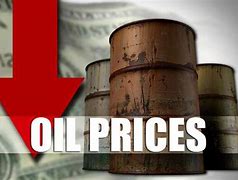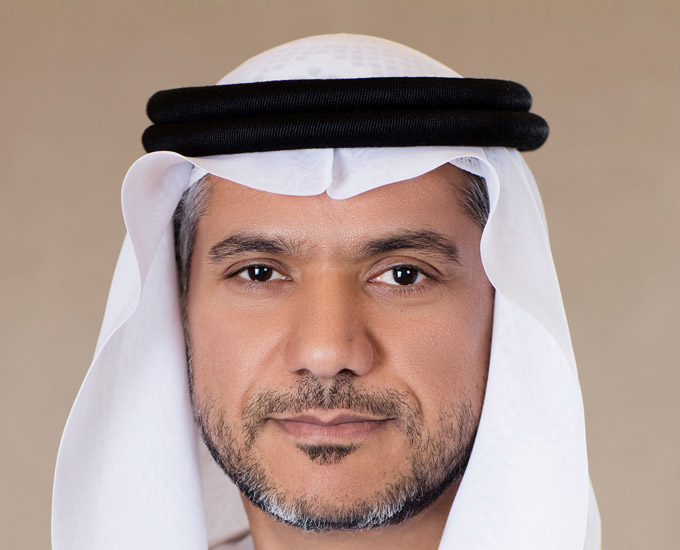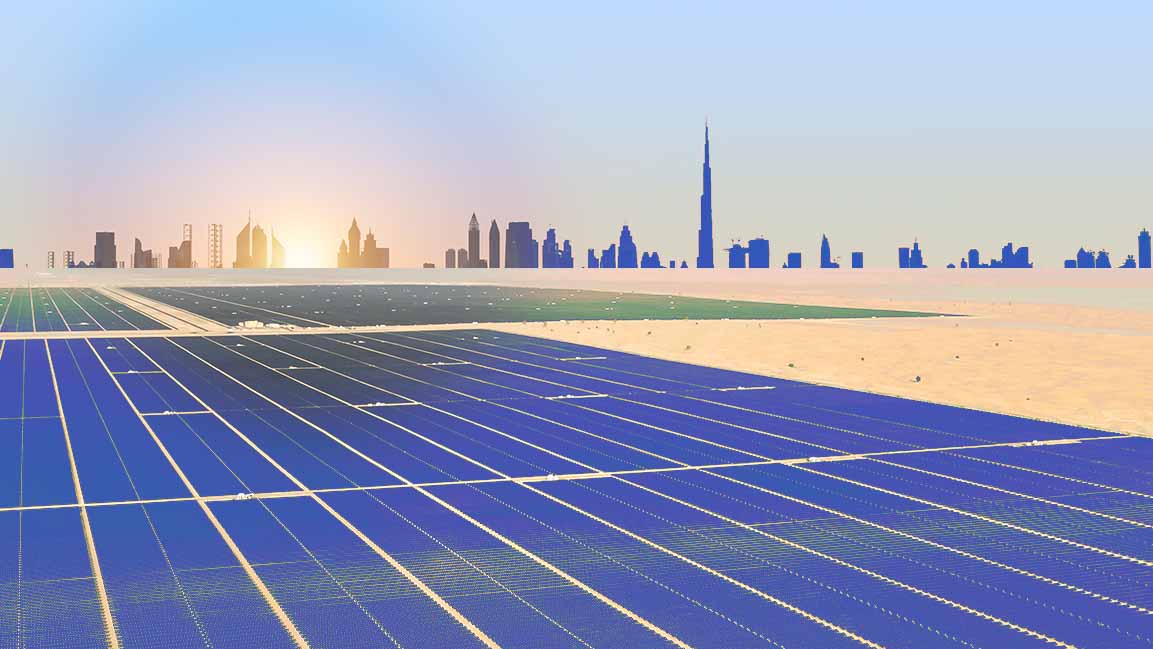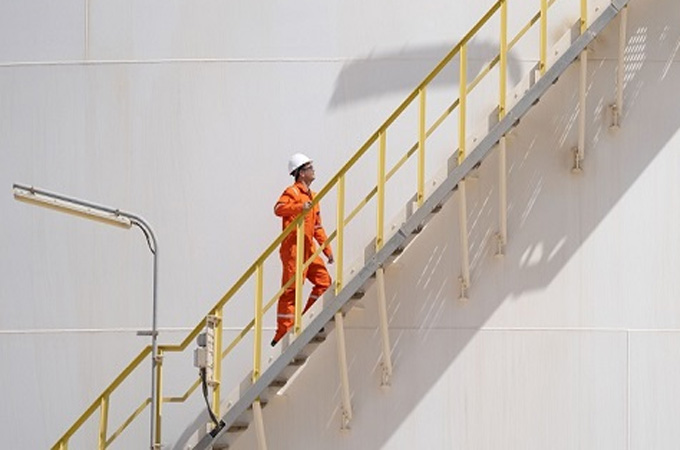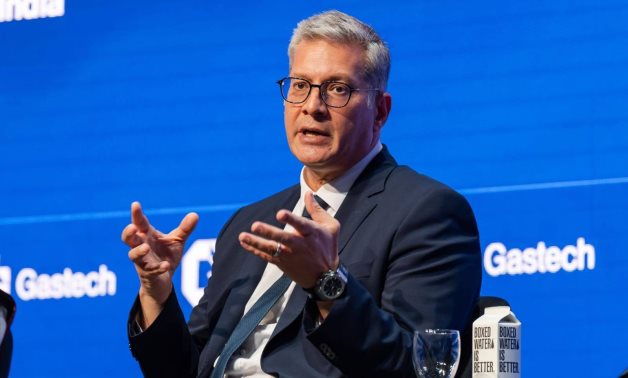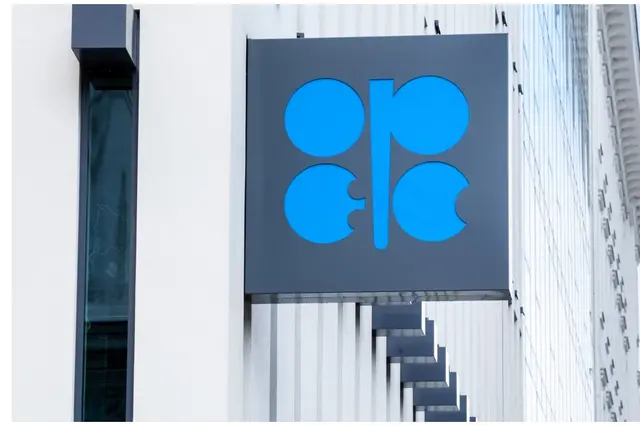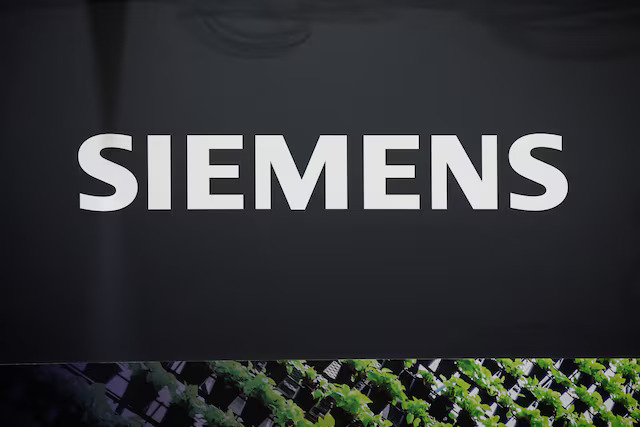Energy

Gabon Turns to Deepwater Offshore Oil to Stem Decline of Mature Fields
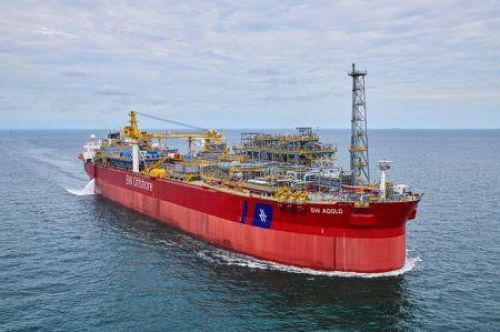
Gabon's Ministry of Petroleum is reviving efforts to promote its offshore blocks, with an official announcement made on Wednesday, July 2. The focus is shifting to deepwater areas, which remain largely underexplored. This strategy comes as the nation's oil output declines, driven by maturing onshore fields and insufficient reserve replacement.
According to GlobalData, Gabon’s crude production was around 200,000 barrels per day (b/d) in 2023. This is down from 365,000 b/d in 1996 and roughly 370,000 b/d in 1997, indicating a steady long-term decline. Against this backdrop, the country’s offshore potential, which authorities estimate is still nearly 72% untapped, is seen as a key way to offset falling output.
To attract investment, the government is relying on reforms introduced in the 2019 Hydrocarbons Code. These reforms aim to make production-sharing contracts more profitable for investors. Incentive-based tax measures, along with improved access to seismic data, have already encouraged several companies, including BW Energy and Panoro Energy, to increase activity in offshore blocks.
Beyond crude production, Gabonese authorities are also betting on value chain integration. This includes rehabilitating the Port-Gentil refinery and commissioning a floating LNG unit at Cap Lopez by 2026. The goal is to reduce gas flaring and significantly boost sector revenues by tripling gas output.
The successful development of already-awarded deepwater projects, and the broader outlook for global oil markets, including price trends and access to financing, will be critical to the viability of this offshore relaunch strategy.




